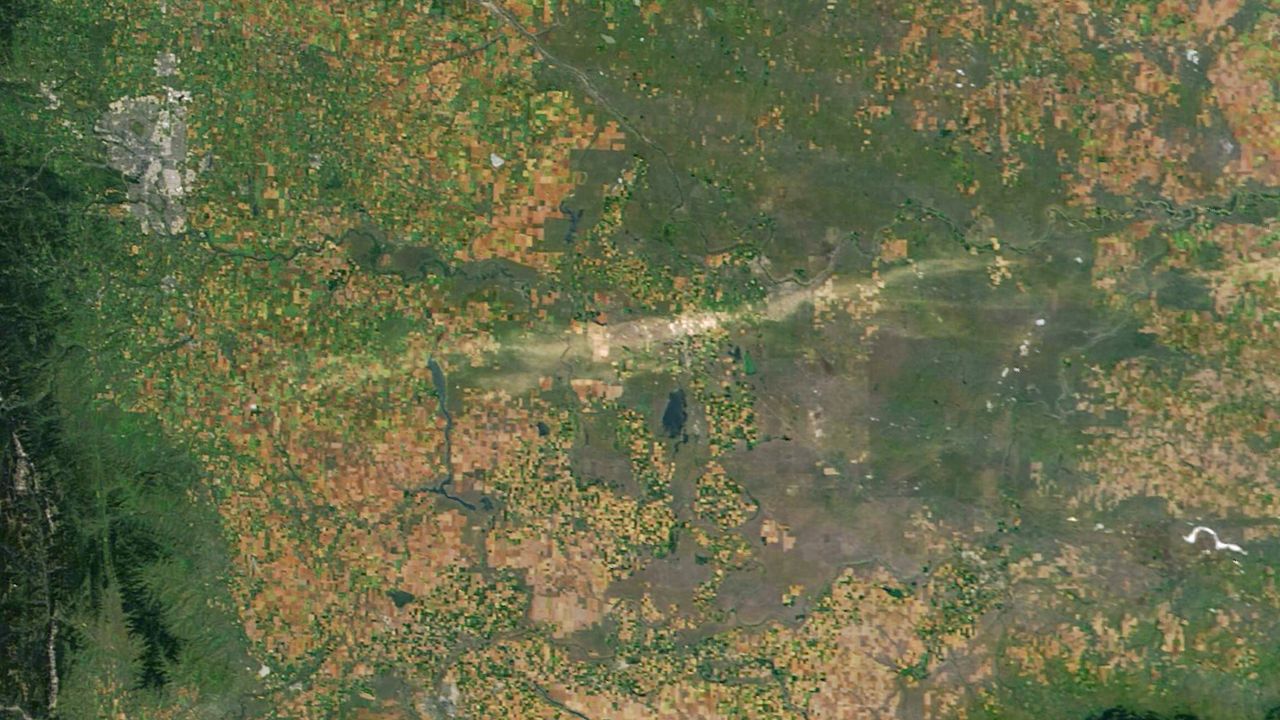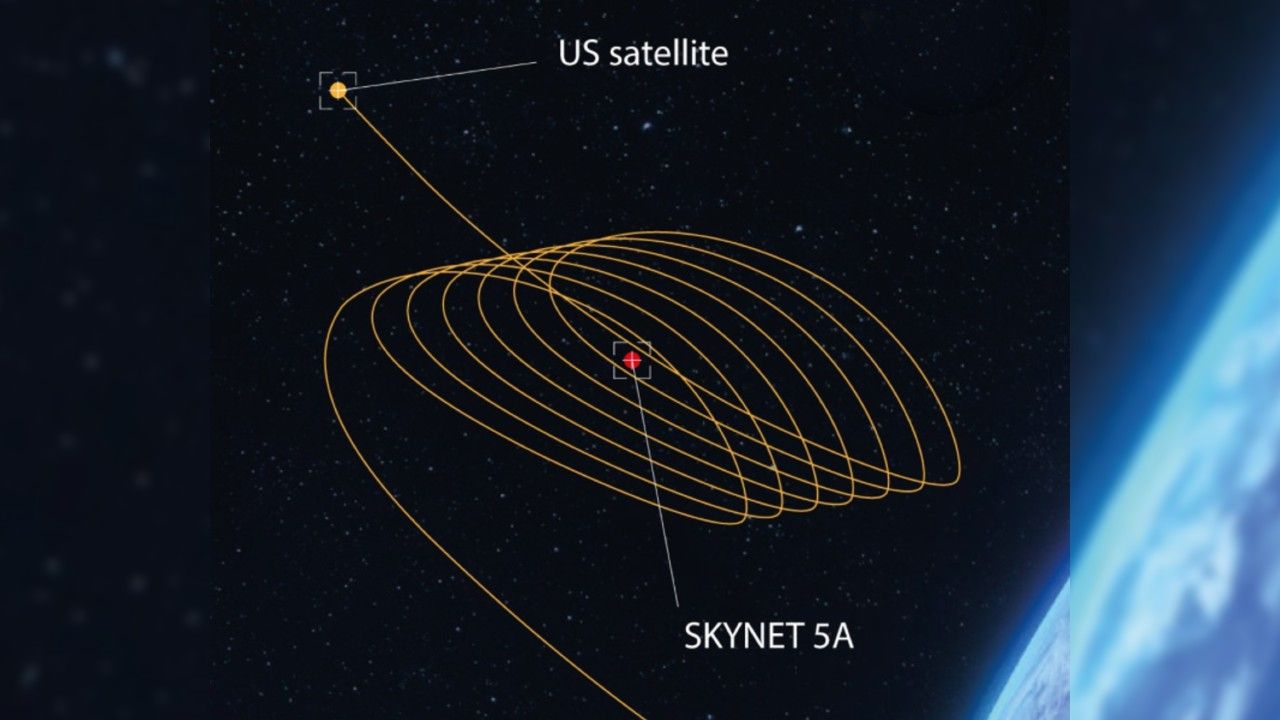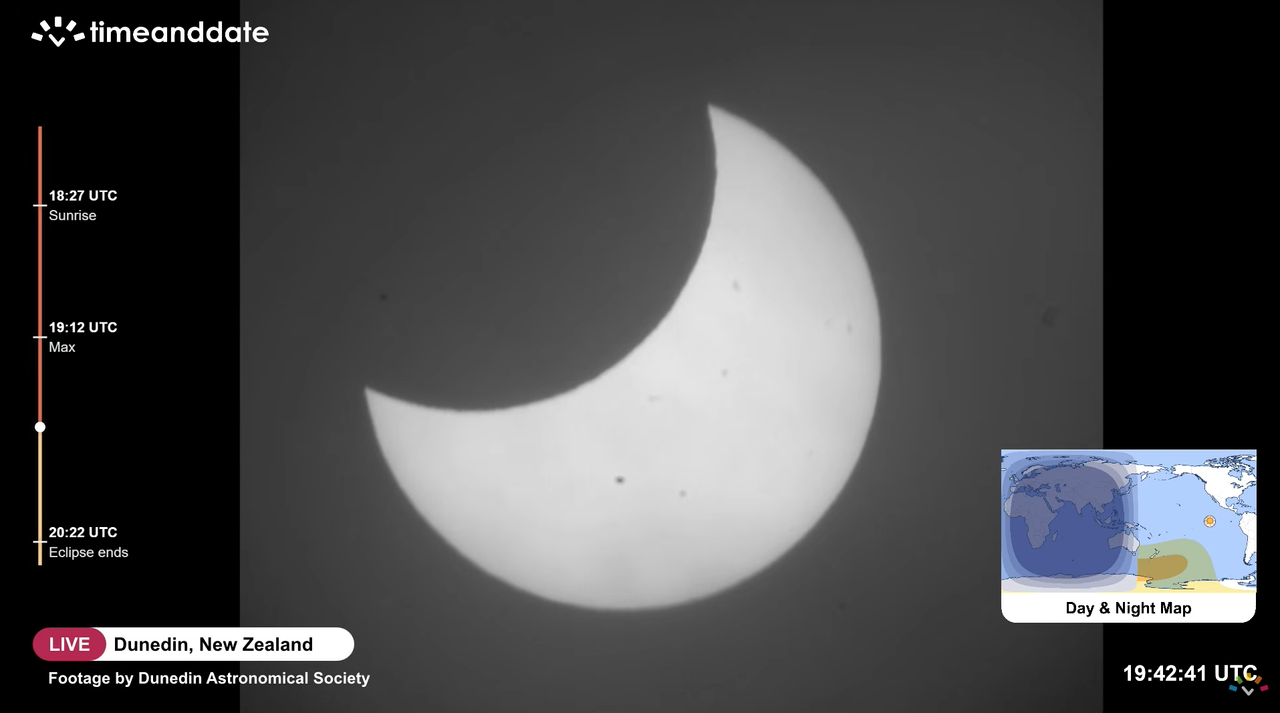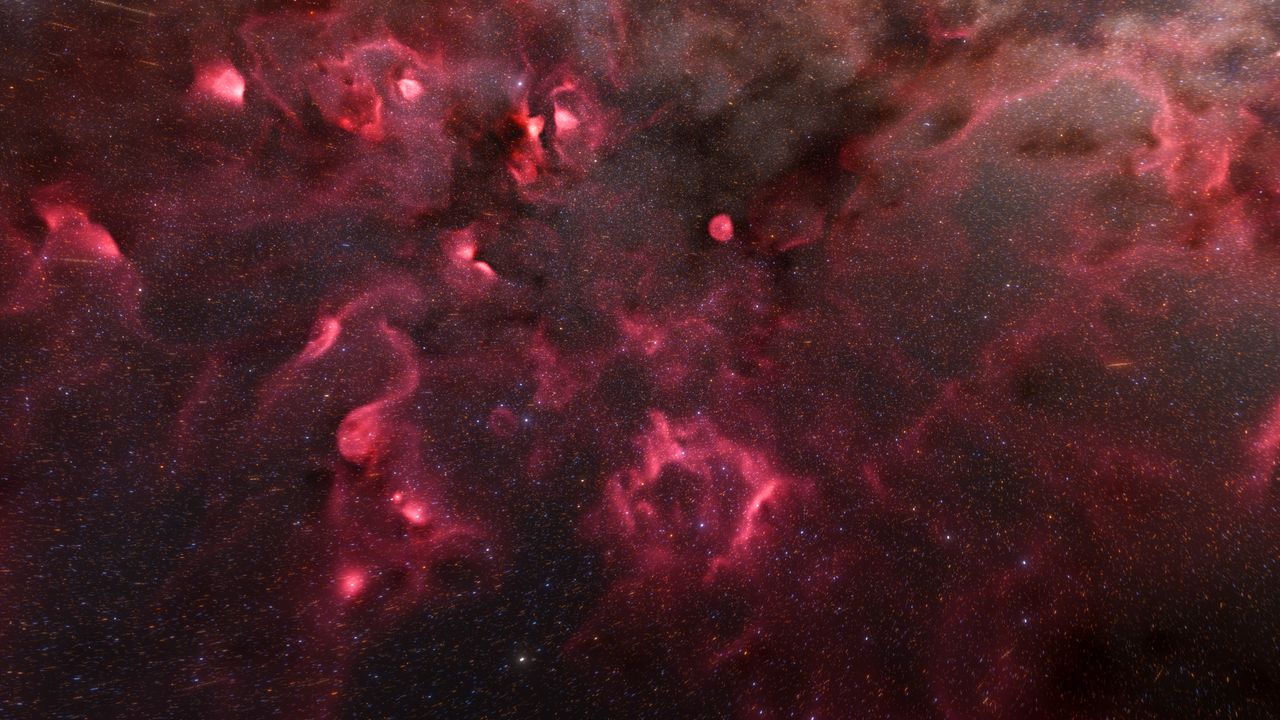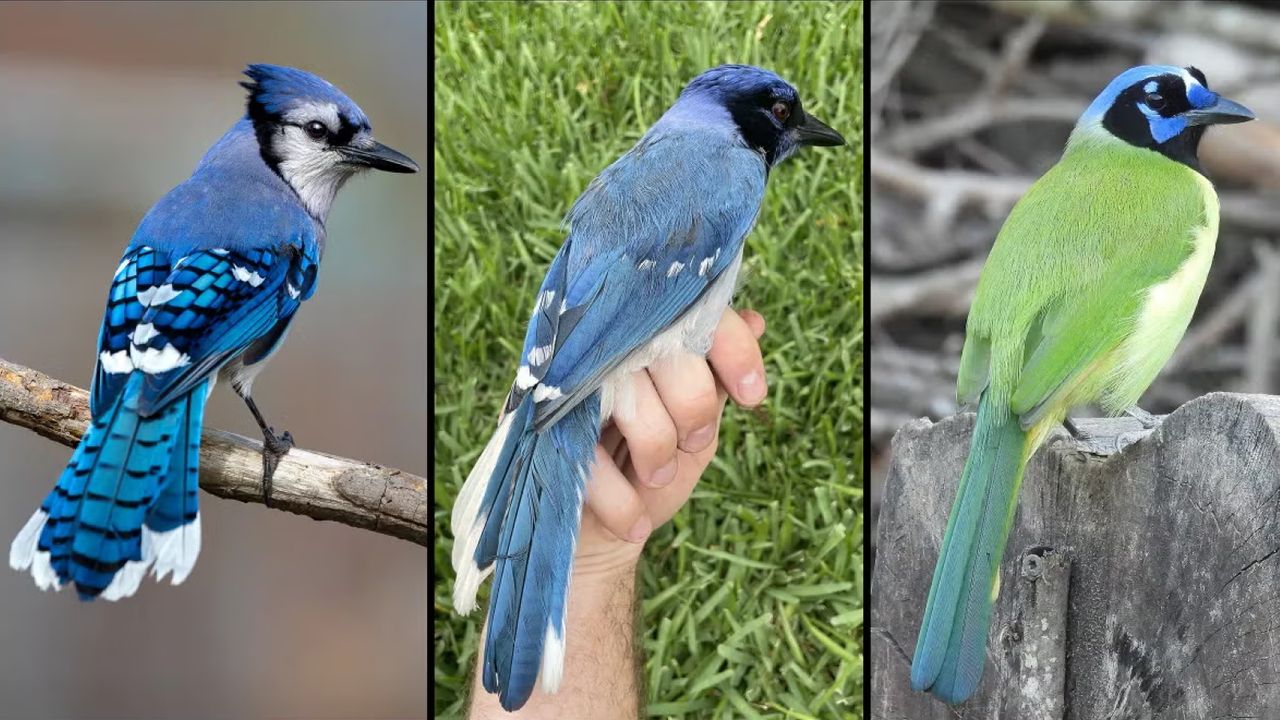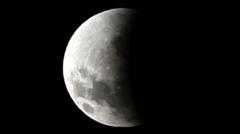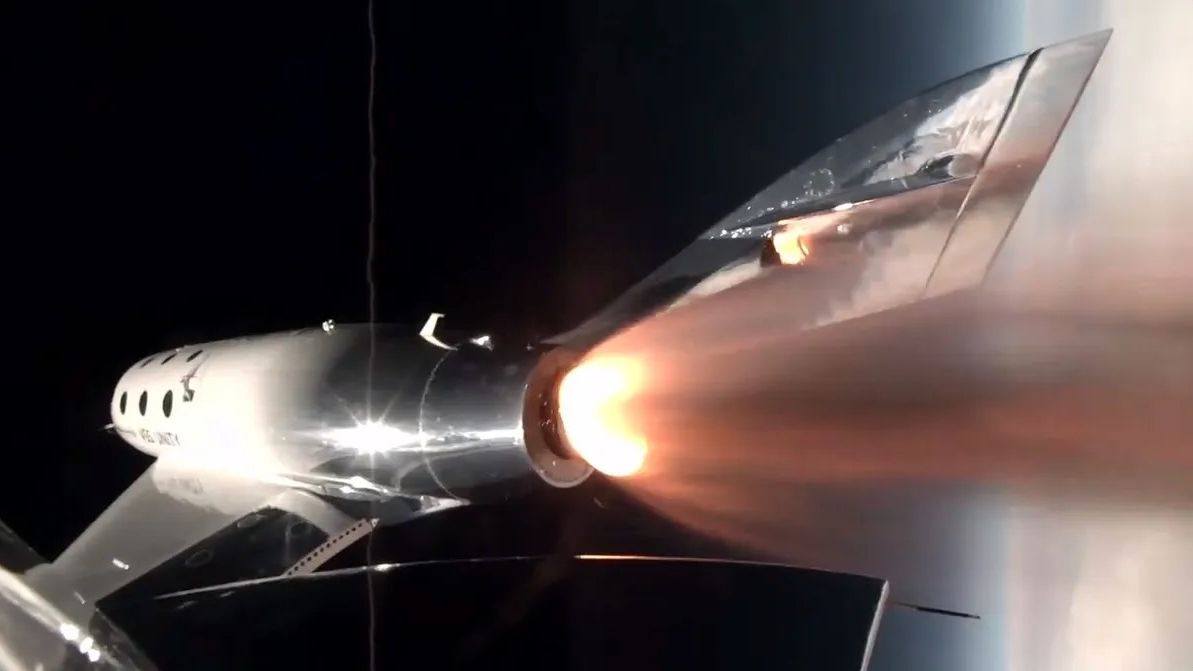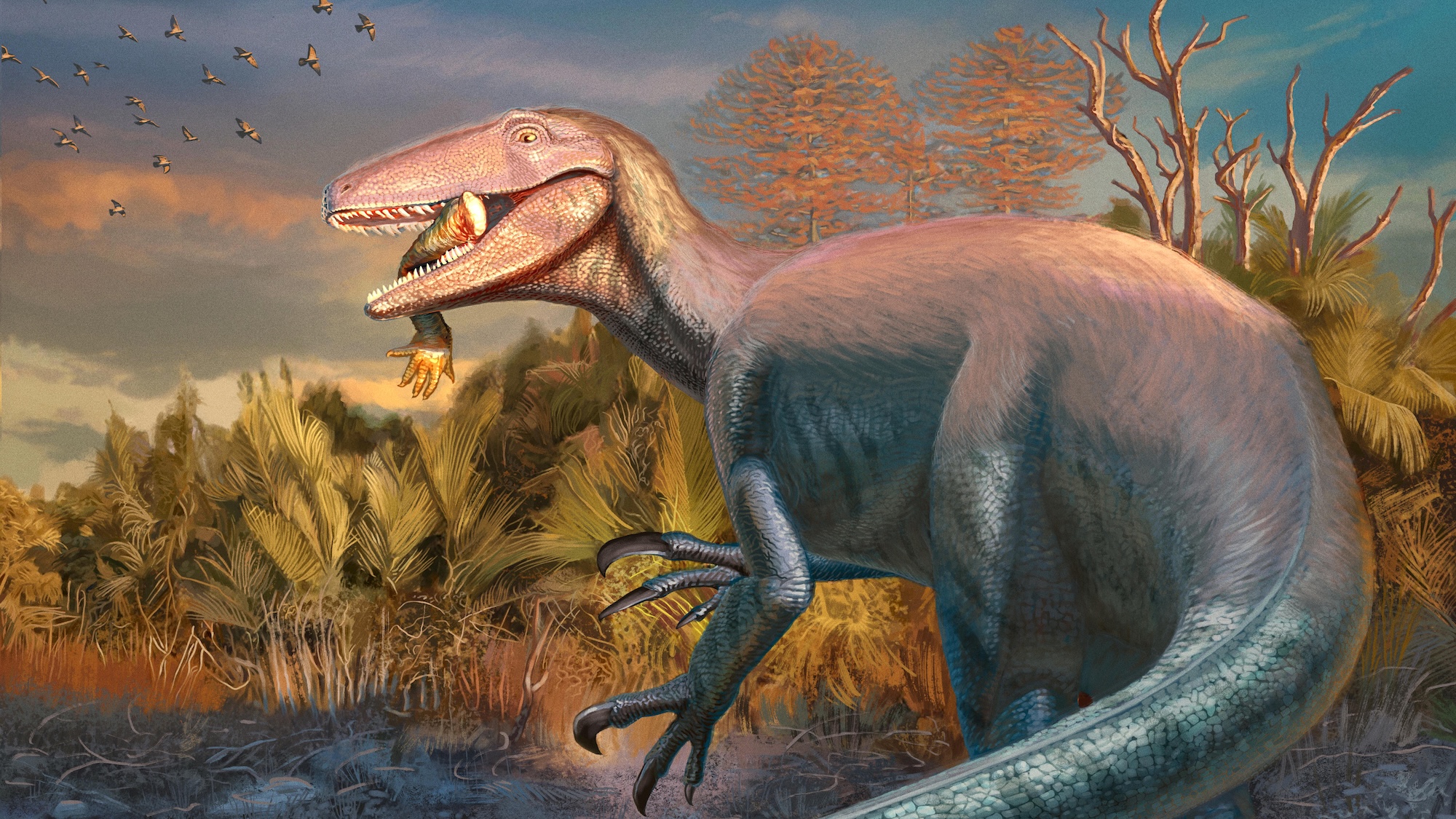NOAA GOES-19 satellite captures partial eclipse | Space photo of the day for Sept. 23, 2025
PositiveScience
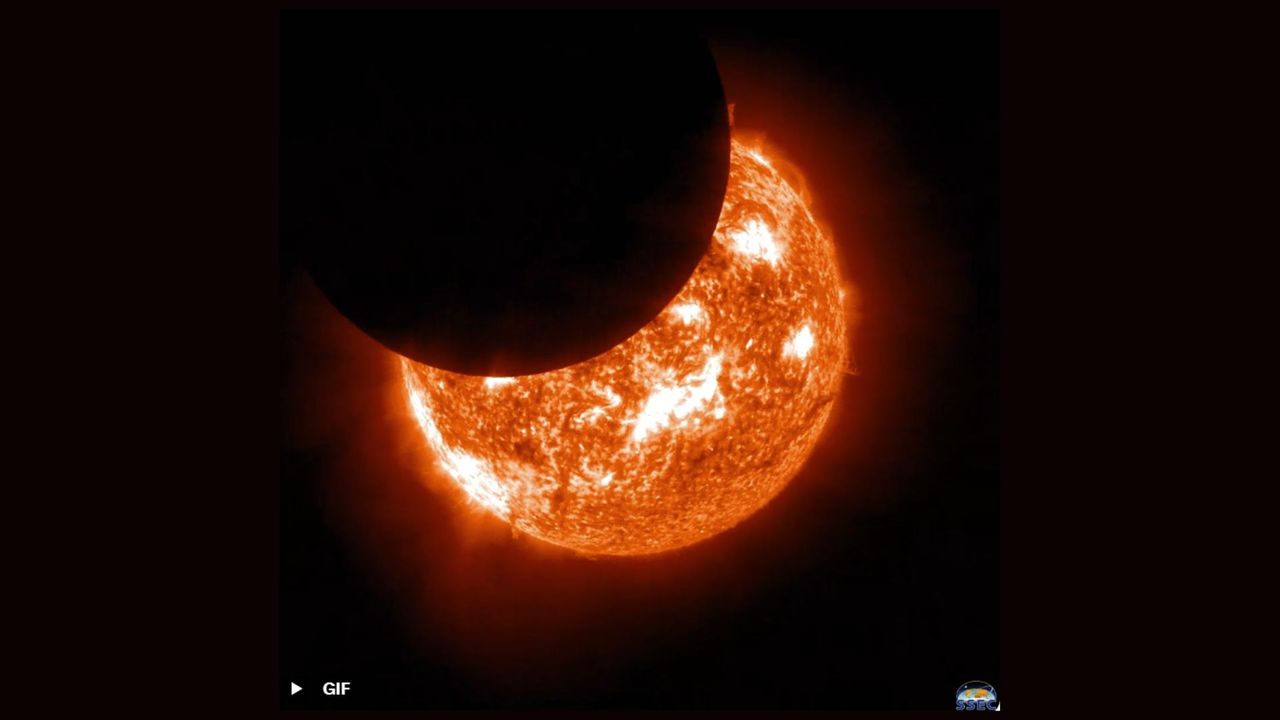
On September 23, 2025, the NOAA GOES-19 satellite captured stunning images of a partial solar eclipse, showcasing the beauty of this celestial event from space. This remarkable feat not only excites astronomy enthusiasts but also highlights the advanced capabilities of satellite technology in monitoring and documenting astronomical phenomena. Such observations enhance our understanding of solar activity and its effects on Earth.
— Curated by the World Pulse Now AI Editorial System
